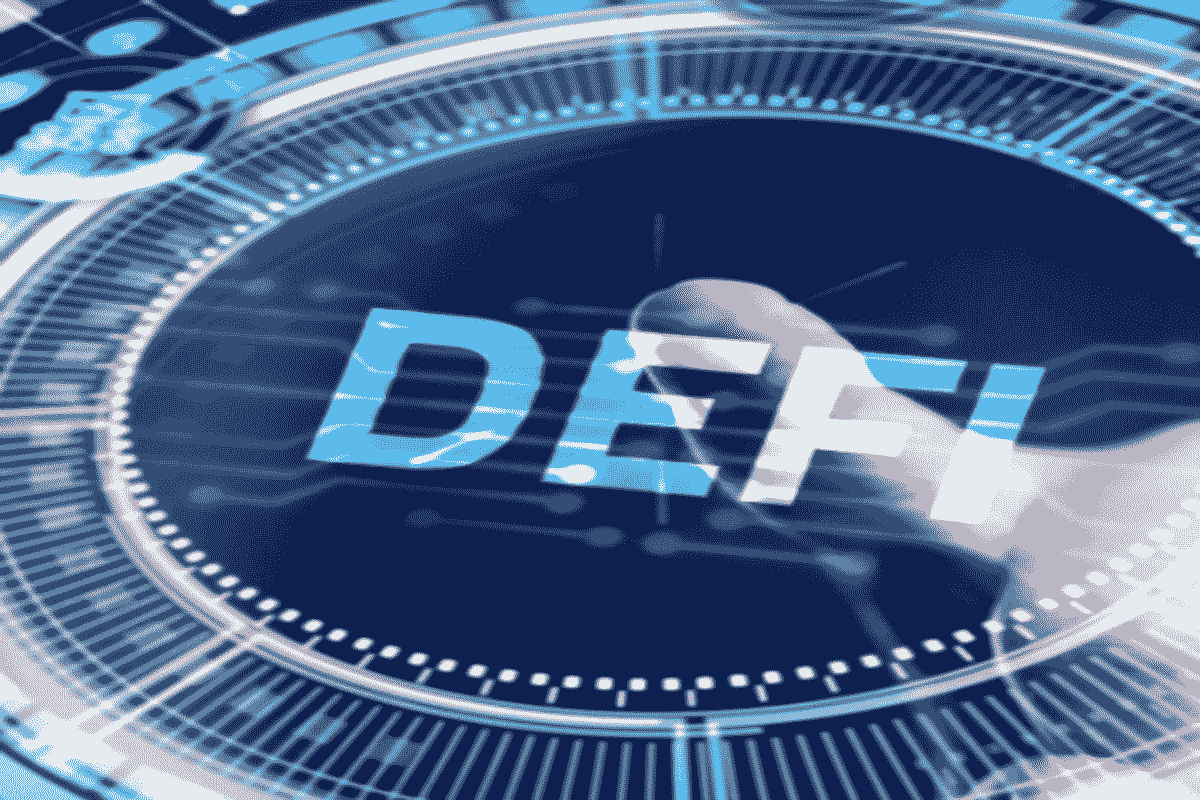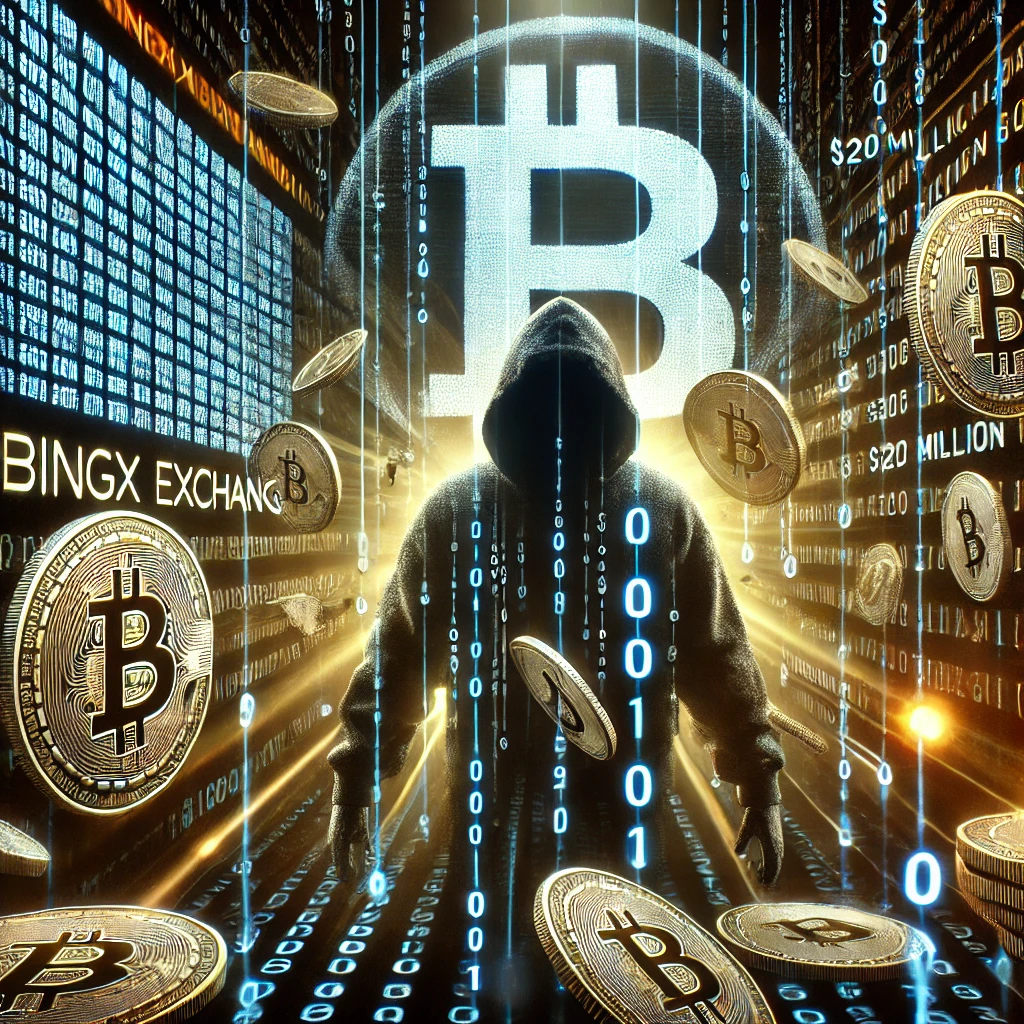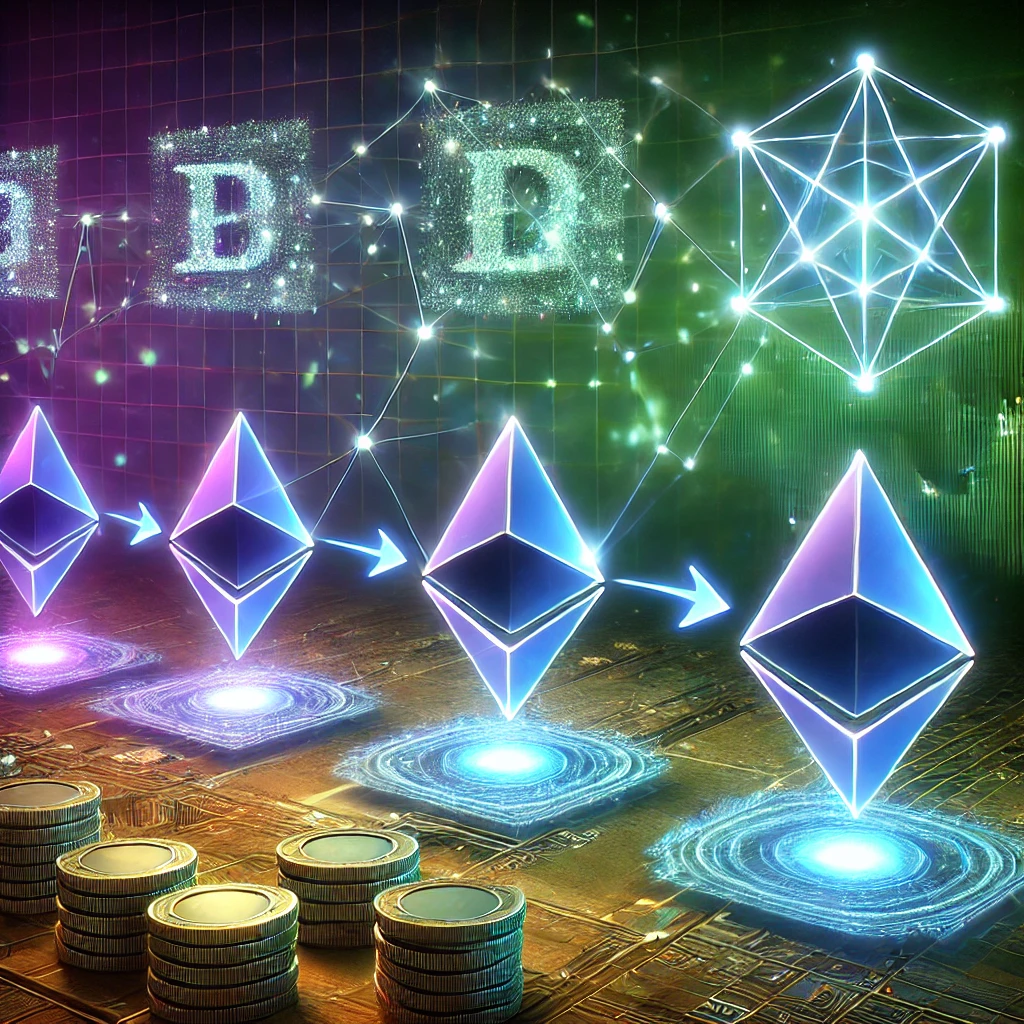
Estimated reading time: 6 minutes
Decentralized Finance, or DeFi, is powered by blockchain technology. It offers financial services and products without central intermediaries like banks. Instead, it relies on smart contracts on blockchain networks to manage transactions, lending, borrowing, and other financial services automatically.
Table of contents
Core Principles of DeFi
Decentralization
Decentralization is the foundation of DeFi. Control of DeFi platforms and applications is distributed across a decentralized network of nodes and participants. This structure ensures no single entity can dominate or manipulate the system. It boosts security, prevents censorship, and fosters community trust.
Transparency
Transparency is crucial in Decentralized Finance. Every transaction and operation within the DeFi ecosystem is recorded on a public blockchain. This transparency allows for verification by anyone, reinforcing trust and maintaining the system’s integrity.
Automation
Smart contracts facilitate automation. These contracts execute transactions based on predefined rules and conditions, streamlining financial activities. This automation reduces the need for intermediaries, minimizes human error, and enhances efficiency.
By embracing these principles, DeFi offers a secure, transparent, and efficient alternative to traditional finance, democratizing financial services for a global audience.
Also read: How to Buy and Sell NFTs
Benefits of DeFi
DeFi Enhances Accessibility
DeFi platforms are accessible worldwide to anyone with an internet connection and a compatible wallet. This opens financial services to individuals in underserved areas, integrating them into the global financial ecosystem.
Promotes Financial Inclusion
DeFi allows people to borrow and trade without a bank account or credit score. This inclusivity fosters economic empowerment and financial freedom.
Minimizes Dependence on Traditional Intermediaries
By eliminating or minimizing intermediaries, DeFi offers faster, more cost-efficient financial services, streamlining transactions and reducing costs.
Key Components of DeFi
Decentralized Exchanges (DEXs)
DEXs facilitate direct cryptocurrency trades between users without central intermediaries, using blockchain and smart contracts for secure, transparent transactions. Uniswap is a leading DEX, providing liquidity through automated market-making.
Lending and Borrowing Platforms
Platforms like Aave enable users to use their assets as collateral for borrowing or to earn interest, creating decentralized lending markets for asset liquidity and income generation.
Yield Farming
This strategy involves users providing liquidity for rewards and optimizing returns on idle assets. Yearn Finance (YFI) automates the search for optimal returns across DeFi protocols, enhancing yield farming efficiency.
Stablecoins
Stablecoins, such as Dai by MakerDAO, offer a stable value pegged to fiat currencies, providing DeFi stability and liquidity through decentralized, collateralized assets.
Also read; What is Bitcoin
How These Components Work Together
Components of DeFi operate in unison, forming a decentralized financial ecosystem. Users may deposit assets on platforms like Aave to earn interest. These assets serve as collateral for borrowing stablecoins. Trading of stablecoins happens on DEXs such as Uniswap, or they’re used in yield farming on sites like Yearn Finance. Stablecoins enable fast settlements and mitigate the risk of volatile assets.
Getting Started in DeFi
Entering the DeFi space demands careful planning, understanding blockchain technology, and appropriate tools.
Understand Blockchain Technology
Blockchain technology is foundational to DeFi applications, providing a secure, decentralized ledger for recording transactions. Learning about blockchain’s workings, security features, and trust-building role in DeFi is essential.
Acquire a Digital Wallet
A digital wallet acts as the entry point to DeFi, allowing users to manage cryptocurrencies securely. Choices like MetaMask, Trust Wallet, and Coinbase Wallet are popular. Selecting a reliable wallet, creating one, and safeguarding the private key or recovery phrase is critical for asset access.
Research DeFi Projects
The DeFi sector is vast and continually evolving, presenting various financial services. In-depth research is vital to understanding different platforms’ purposes and reputations. Considerations should include project transparency, security history, liquidity, and tokenomics.
Start Small and Diversify
For newcomers, starting with a modest investment and diversifying across various DeFi protocols is advisable. Platforms such as Compound, Aave, and Uniswap are recommended for beginners. Choices of involvement can range from yield farming to lending, depending on risk appetite and objectives.
Stay Informed and Secure
Keeping abreast of DeFi developments through community involvement, project follow-ups, and article reading is crucial. Security of digital wallets is paramount, with hardware wallets recommended, alongside vigilance against scams and verifying platform legitimacy. Decentralized identity solutions can provide additional security.
Risks and Challenges in Decentralized Finance (DeFi)
Decentralized Finance (DeFi) offers both opportunities and risks. Here’s how to navigate these waters safely.
Smart Contract Vulnerabilities
Smart contract flaws pose a serious risk in DeFi. These automated agreements are crucial for DeFi protocols, but errors can lead to financial losses. To avoid this, users should:
- Ensure audits by reputable firms to fix vulnerabilities before launching.
- Engage in community code reviews to spot and address issues.
- Prefer established DeFi platforms known for secure smart contracts.
Security Breaches
DeFi platforms attract hackers, leading to potential significant asset losses. To mitigate these risks:
- Use cold wallets for some asset storage, keeping them offline.
- Activate two-factor authentication (2FA) for extra security.
- Keep up with security updates and beware of phishing scams.
Regulatory Uncertainties
The regulatory environment for DeFi is still forming. To stay ahead:
- Be aware of and comply with regulations in your area.
- Work with regulators, advocating for clear and fair guidelines.
Responsible DeFi Development
Security-focused development is essential for DeFi’s longevity. Developers should:
- Prioritize security, undergo comprehensive audits, and update systems to fix vulnerabilities.
- The community must hold developers accountable and help enhance security.
Community Involvement
Active community participation is key to DeFi’s safety. This involves:
- Reporting vulnerabilities.
- Supporting security measures.
- Promoting responsible DeFi practices.
By following these guidelines, DeFi participants can navigate the ecosystem more safely and effectively.
DeFi’s Impact on Traditional Finance
Disruption of Traditional Financial Intermediaries
DeFi revolutionizes finance by leveraging blockchain technology, allowing peer-to-peer transactions without traditional banking systems. It operates through smart contracts, automating and streamlining financial agreements efficiently.
This innovation reduces reliance on centralized entities, cutting costs associated with contract management. Additionally, DeFi introduces liquidity pools, enhancing fund accessibility via decentralized exchanges and lending platforms. This shift towards a decentralized framework marks a significant change in financial transactions, promoting direct user engagement and improved financial inclusivity.
Potential Benefits of DeFi Disruption
DeFi revolutionizes access to financial services worldwide. It targets those previously unreachable by traditional banking, including people in remote areas without bank access. This shift significantly cuts down on transaction and investment costs.
It allows for more affordable financial operations. Blockchain technology, the backbone of DeFi, ensures transactions are cheaper and faster. This speed is particularly beneficial for cross-border transactions. Through these innovations, DeFi stands at the forefront of making financial services universally accessible, efficient, and cost-effective.
Regulatory Challenges and Collaboration
Emerging regulatory challenges confront the decentralized finance (DeFi) sector. These include ensuring the security of DeFi platforms and safeguarding users against fraud. Protecting consumers’ interests is paramount.
Compliance with Anti-Money Laundering (AML) and Know Your Customer (KYC) regulations is crucial. DeFi and traditional finance partnerships are essential for crafting regulations that foster innovation while prioritizing consumer safety and financial integrity.
Also read; Everything You Need to Know About NFTs
Discover more from The African Crypto
Subscribe to get the latest posts sent to your email.









